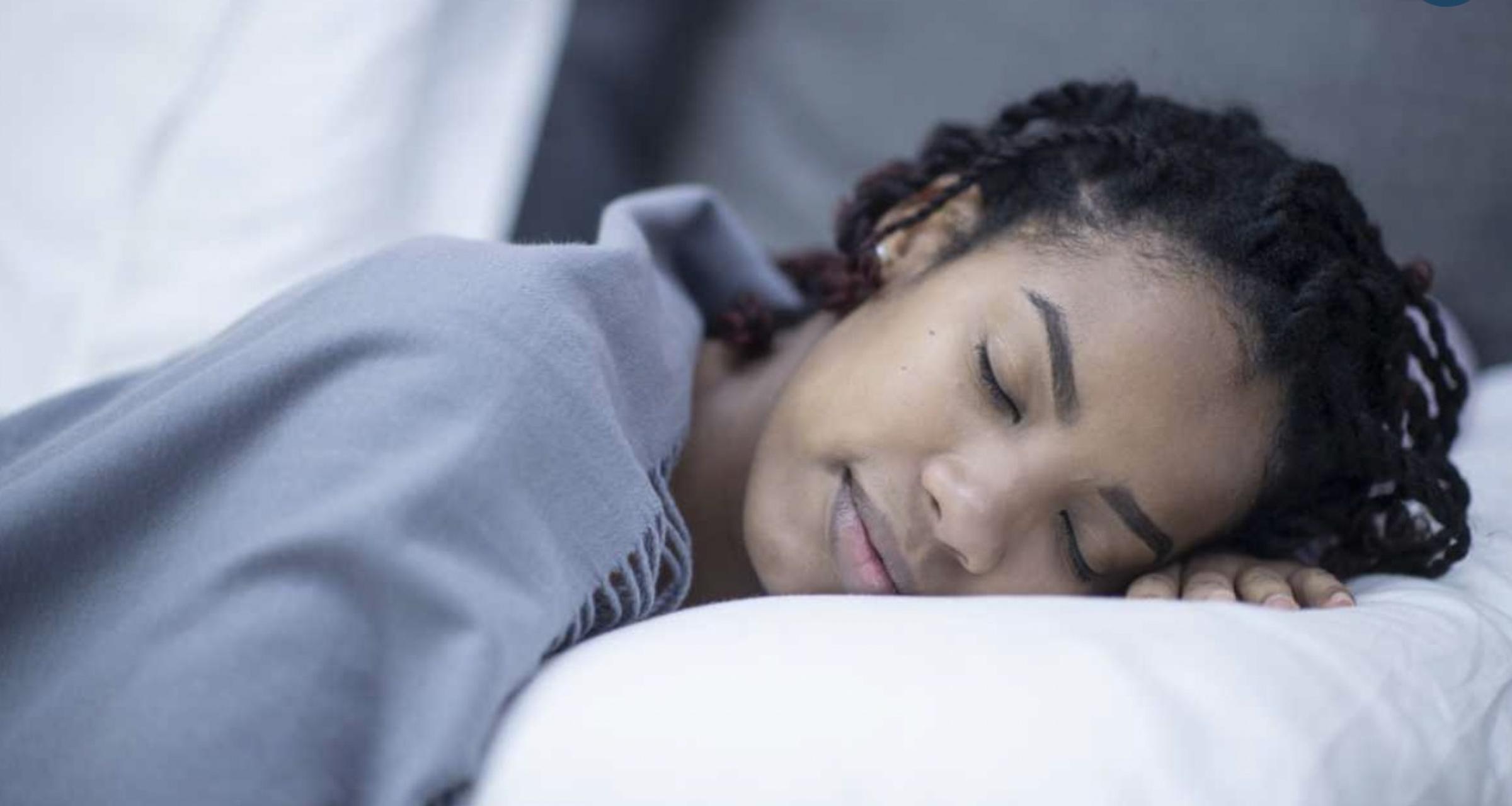Student Wellbeing - Sleep for teenagers...

Welcome to Term 1, 2022! With all of us adjusting to routine I thought it may be helpful to talk ‘Sleep’. In adolescence good quality sleep, along with healthy nutrition and regular exercise optimises health. Quality sleep can buffer against unhelpful moods, and importantly good sleep helps our young people engage in their learning and with people around them.
Sleep deprivation and poor-quality sleep impacts physically and mentally, and includes:
- Impaired classroom learning
- Mood and behavioural disturbances
- Increased risk-taking behaviours
- Emotional fragility
- Poor food choices
- Lowered self esteem
- Lowered coping
- Reduced school attendance
- Increased alcohol and drug use
- Elevated risk of anxiety, depression and suicidal ideation
- Reduced sport performance
- More infections
We are all aware that portable electronic devices are one of the major reasons for teen sleep deprivation (as well as many adults also!). Electronics create sleep issues in ways such as taking up time otherwise used to sleep, with the devices used in bed the brain can get mixed messages about where and when to sleep and associate bed with wakeful activities associated with screen time, as phone activity is often excitatory to the brain therefore releasing chemicals like dopamine and adrenaline which keep the brain awake making it harder to sleep! And finally, the enormous sleep saboteur is blue light which is a potent inhibitor of melatonin. The blue light is sending a message to our brain that it’s time to wake up!
So, what are the solutions...?
- Talk with your young person about the power of a good sleep routine. Discuss the impacts as above and zone in on for example if they are sporty how it will impact on this. The idea is to create an agreement on a suitable bedtime routine and support this.
- Talk with your young person about a pre-sleep routine 30-60 minutes before bed. This includes a bath, reading a book, listening to music, mediation, colouring etc. What happens is when the same routine is repeated the activities will tell the brain that sleep is coming soon.
- Our brain needs to be trained or retrained with a pre bed time and bedtime routine. Retraining takes time and it can be easy to think ‘it’s not working’. Be patient and expect a gradual improvement!
- Electronic devices out of the bedroom is key and essential to quality and good sleep. Its unlikely to be an unpopular topic however persist in placing these limits.
- Sleep Hygiene- create a bedroom environment that is conducive to good sleep. This means comfortable temperature, dark room, and all devices away at least 60 mins before sleep.
The good news is as sleep improves, so too does mood, energy levels, interactions, and relationships. And thereafter better engagement in the classroom and improved learning.
Manocha, R 2017, Nurturing Young Minds, Generation Next.
Sonia Panek
Mental Health Practioner

